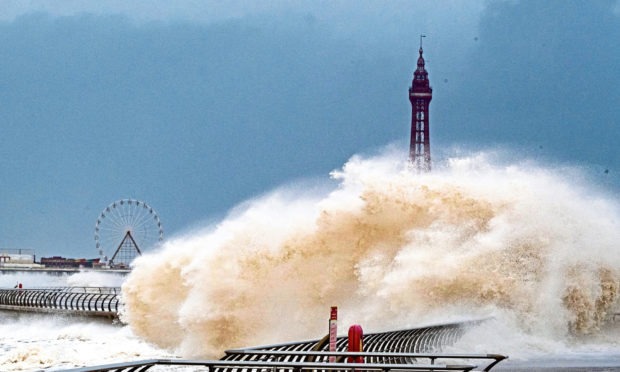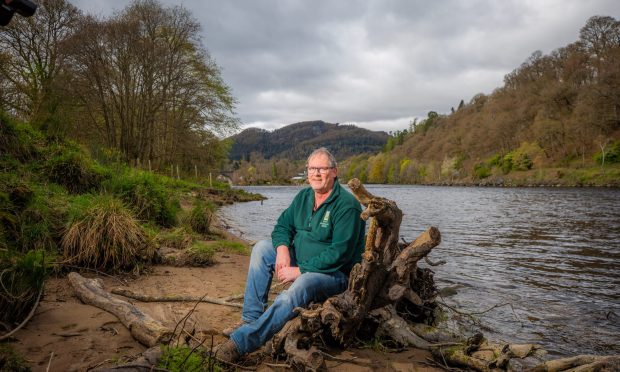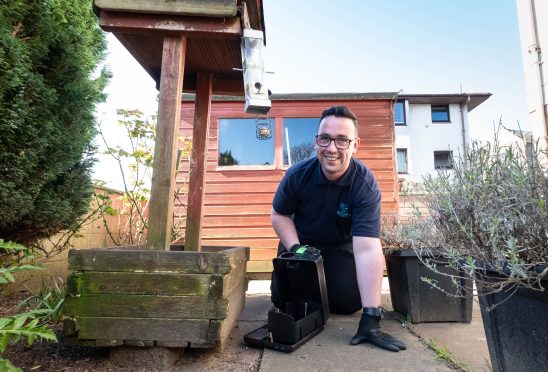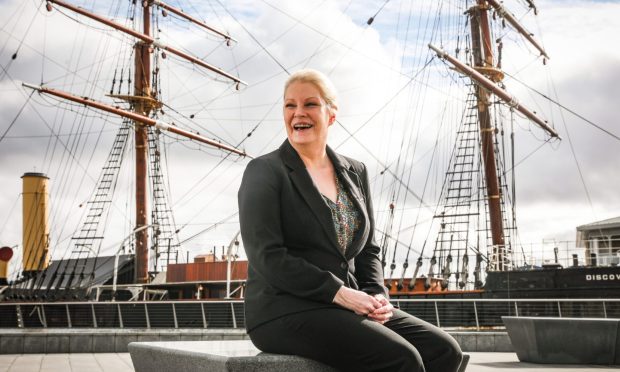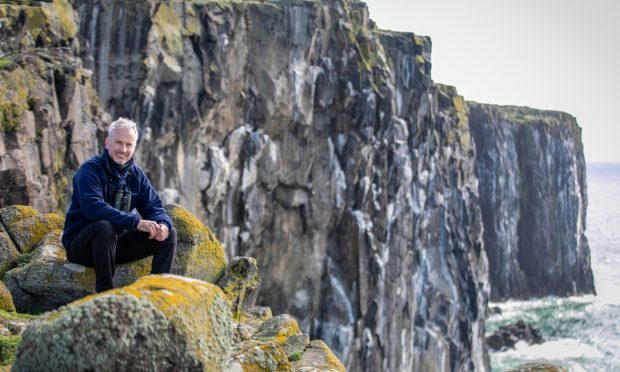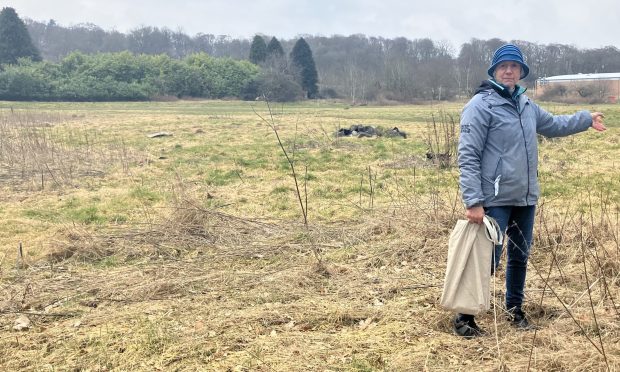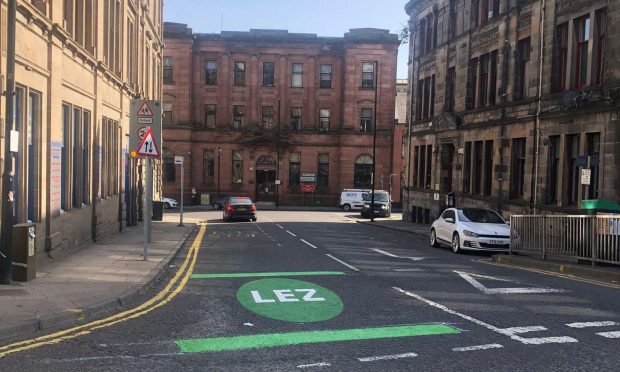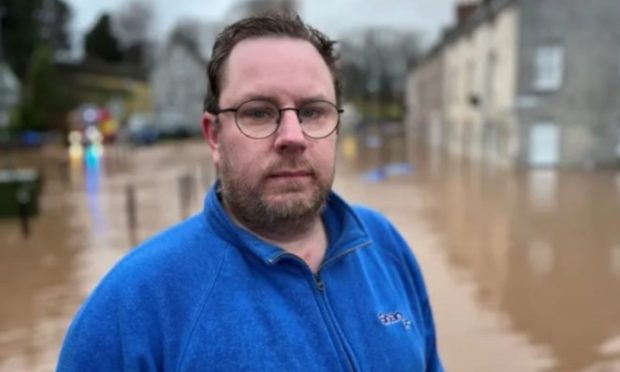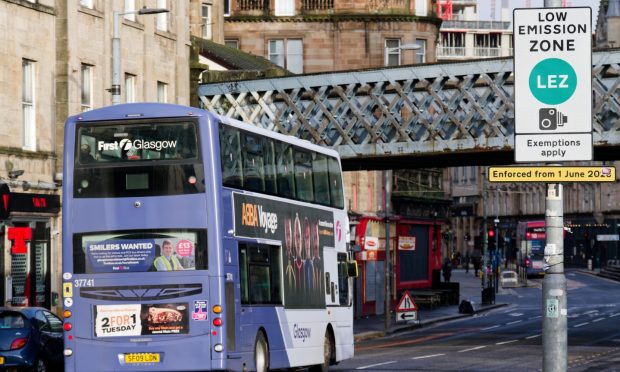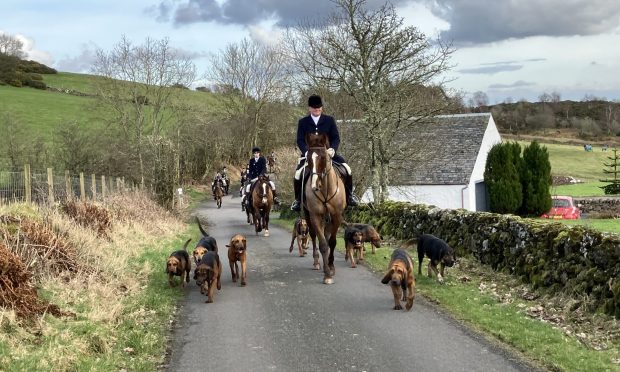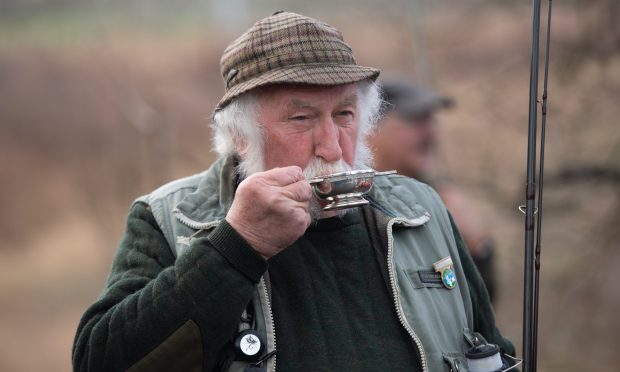Storm Ciara blasted the country with rain, wind and snow. For thousands, it was the cause of rail lines running slow or stopping.
For thousands more it closed the Queensferry Crossing. Ferries didn’t sail and the nation grew weary of hearing broadcasters telling us not to travel. The message is “give up, this is Britain”.
If you made it to the central belt there was no comfort, as Waverley and Central Station were closed. Too many delays or cancelled trains meant the rail stations were crammed with angry, and wet, travellers going nowhere.
Floods broke the banks of rivers. Many areas in the north-east have already known the misery of rising waters this year, as they have done frequently in recent years. This time it was the south of the country, in Hawick and the borders which suffered the worst.
People cried for more investment. Better railways, better ferry boats and proper flood defences. The call for investment is understandable. The fear is we are getting our infrastructure profoundly wrong.
In Greek myth sirens lure sailors to their death on sunken rocks. In modern Britain it is the sound for the coming of high waters. In the English town of Hebden Bridge, in West Yorkshire, the flood sirens alerted residents on Sunday morning that yet again the river banks had burst.
Hebden Bridge is a siren itself, a warning that something is going wrong. It flooded twice in the last decade. This resulted in homes being uninsurable, businesses folding and the economy of the town declining. Community and capitalism both rely on the assurance that things won’t get washed away.
Since the last flood £70 million has been invested in flood defences, and the public alarm system. This should have provided the comfort for people to remain and invest. The money for Hebden Bridge stopped nothing. It might as well have been a cardboard bucket. The town is flooded again.
For the people of West Yorkshire, it’s understandable if they feel despair. For the rest of us, it’s a valuable lesson.
A report out this week said Britain needed around £15 billion to prepare for coastal erosion and flooding. In January another report identified Scotland’s need to invest in schemes which protect infrastructure from climate change.
Our roads and rail are often in low-lying places, by coasts or river beds. Our harbours could become inundated by high tides.
The essential connections of civilisation are at peril.
It is easy to think like those owners of seaside houses who demand the council compensate them for the imminent loss of their homes to the sea.
Easy, but sadly wrong. Money spent on holding back a sea, when nobody knows how high the tide will be, is wasted. For an island country, that’s going to be devastating – but doubly so if we balloon the national debt on pointless prevention schemes.
We must learn to live within the range of nature. If train lines are too close to the sea, move the rails. If communities repeatedly flood then build new communities. It is the essence of human progress that we abandon the ruins of the past to start again elsewhere.
Governments know all this. Every part of Britain has a climate change resilience plan in some shape or form. Yet they still favour the quick-fix defence investment over the long-term shift because of money and attitude.
The Queensferry Crossing was estimated to cost over £2bn in 2010. In a rare moment of public infrastructure coming down in cost, this was revised to £1.4bn in 2011. The nation rejoiced – we had saved money and there was more to spend elsewhere. Isn’t that the very essence of good news?
I do not know if the cost reduction happened because a superior design, with more climate safety features, was cut back, but I do recall nobody saying that perhaps we needed to spend more to get a top notch bridge.
In light of its closure from falling ice, who wouldn’t now spend more for a genuinely safe structure?
The fault here lies in short-term funding. Councils, transport agencies and the Scottish Government do not have long-term funding for long-term investment. The quick fix is favoured because it’s all that’s available.
Which is why the go-ahead for the HS2 rail line is so disappointing. Here is long-term finance, which will add considerably to the national debt, but not in the name of making us resilient to climate change. The
We need to build communities, re- lay rails and move roads. The cost will be astonishing – hundreds of billions. But this must be done for the long-term functioning of our communities and finances. For that we need a national effort on a war-like scale, to prepare for an enemy that doesn’t tire. Blowing billions on the thrill of the new is the wrong thing to do. We need that money to keep what we already have.
